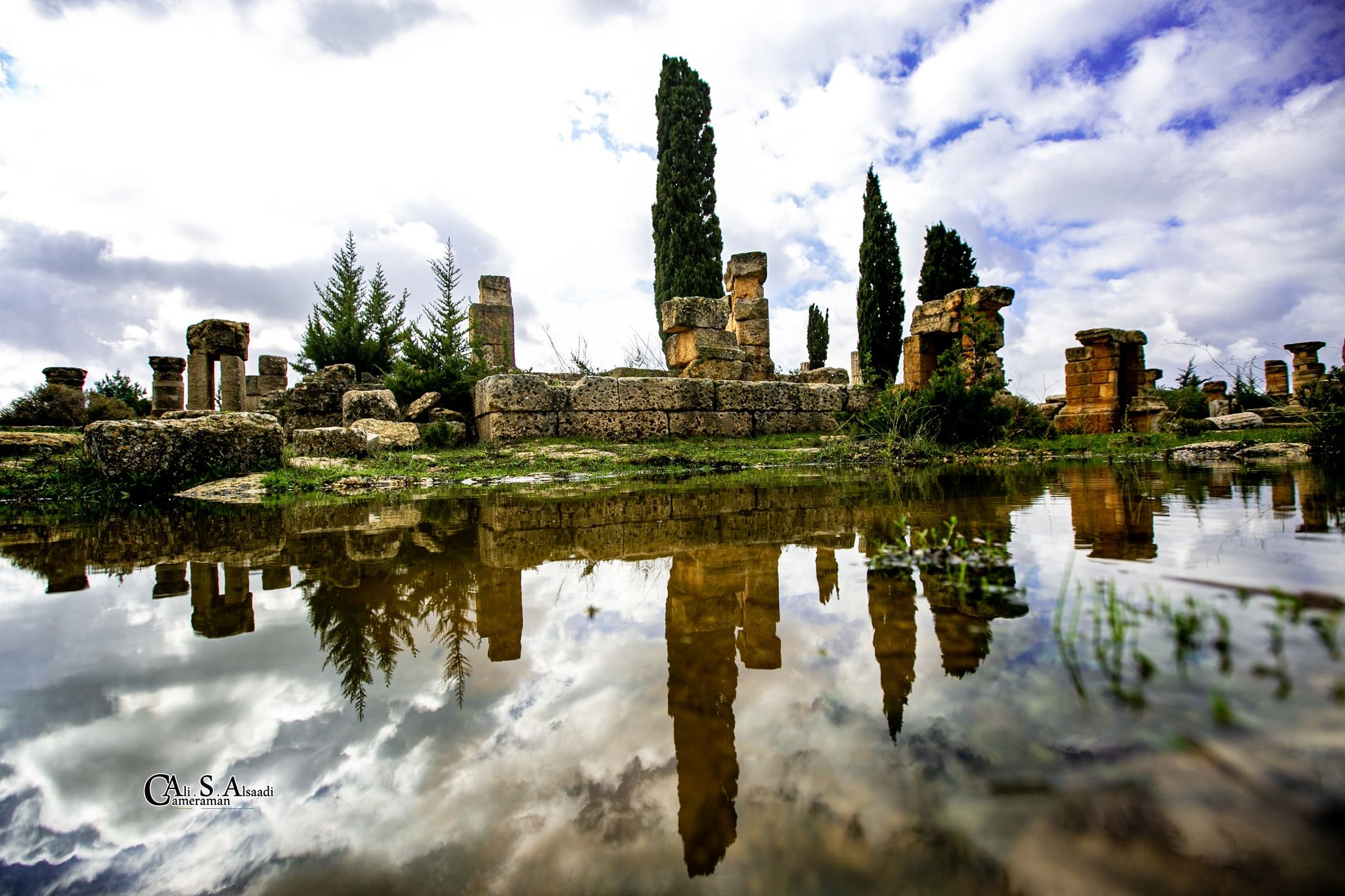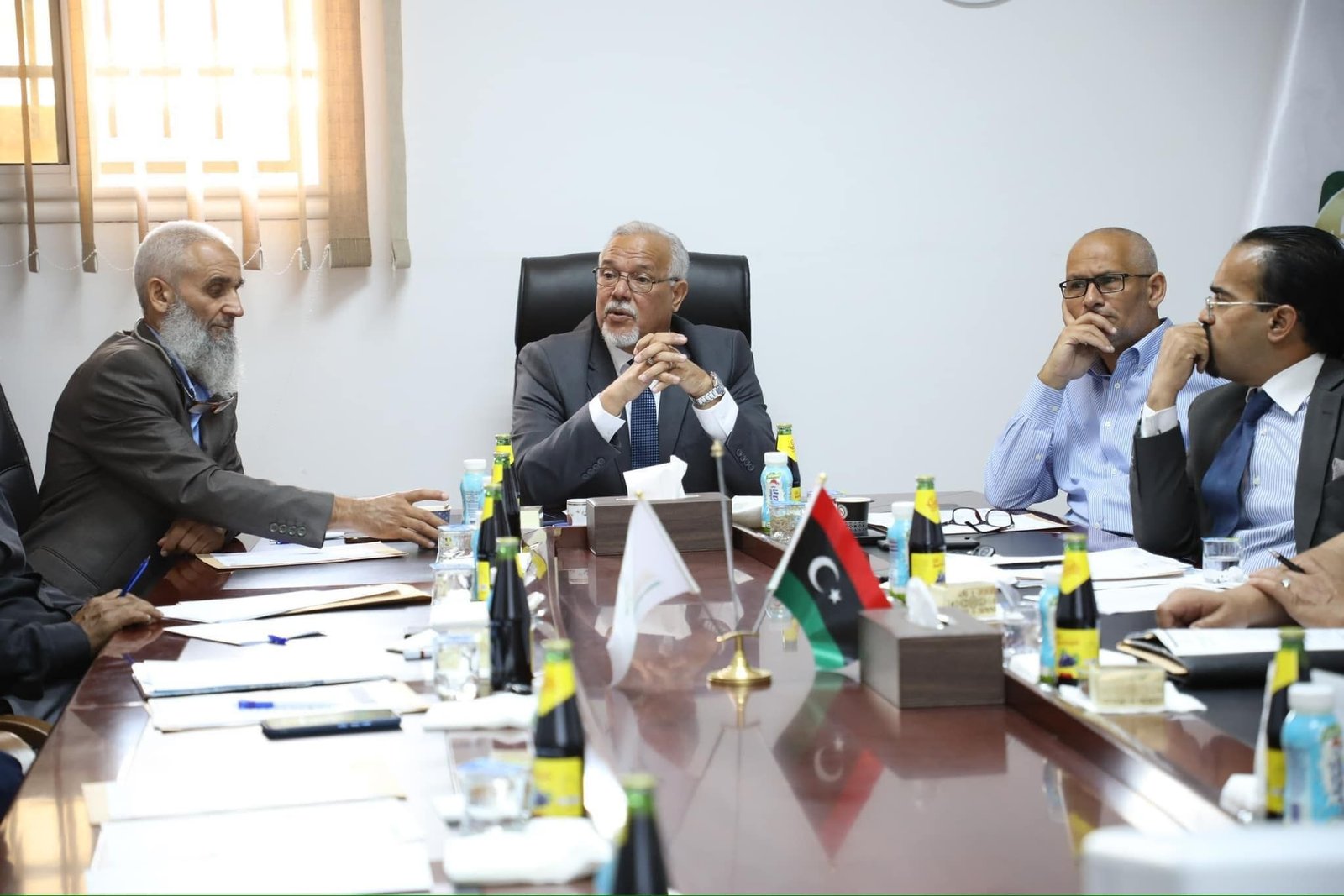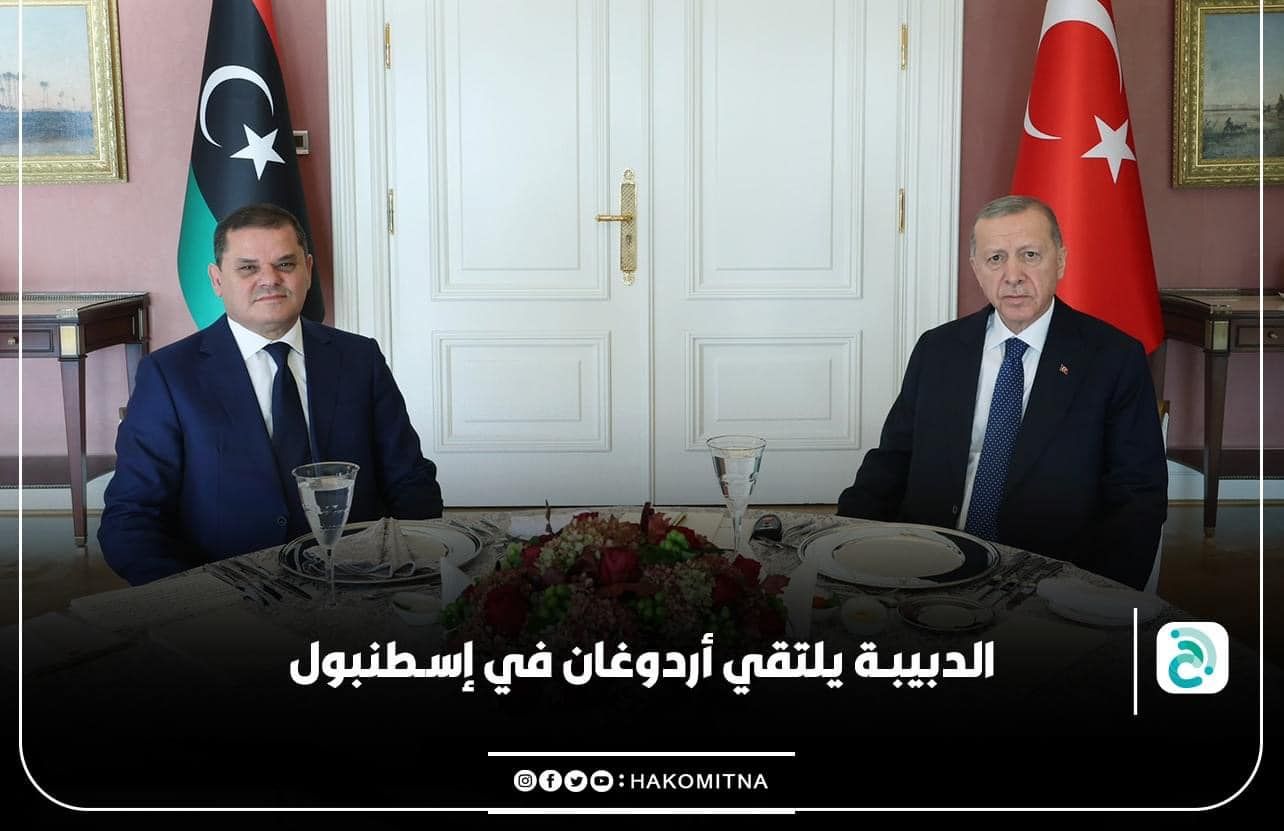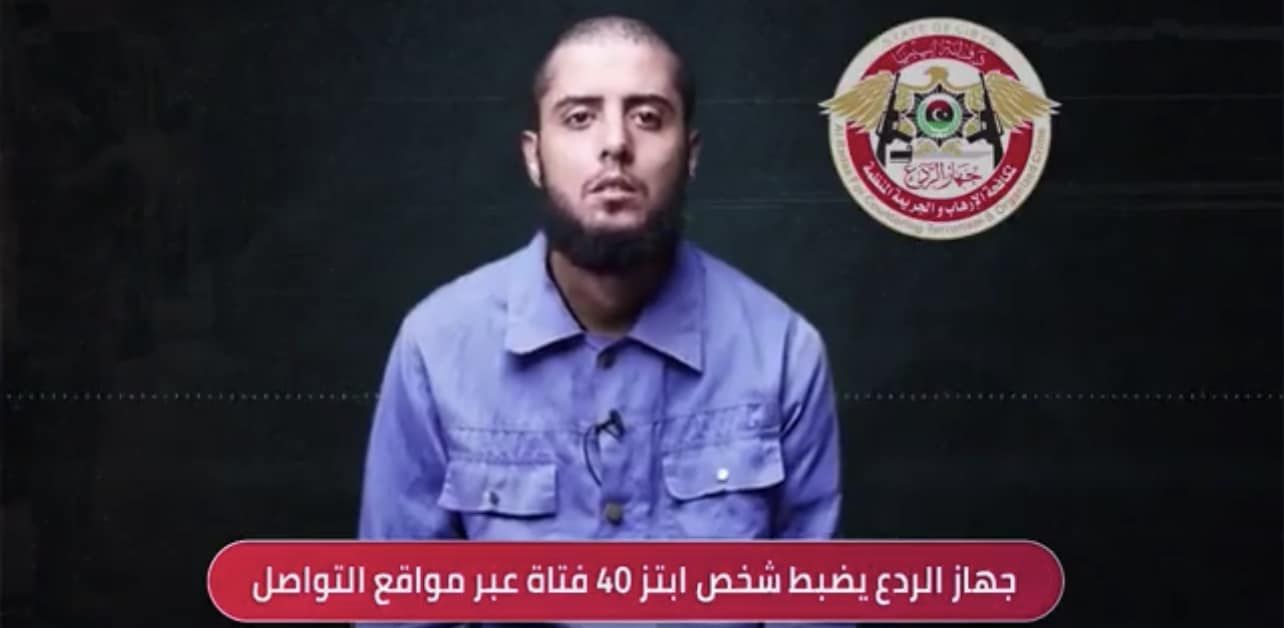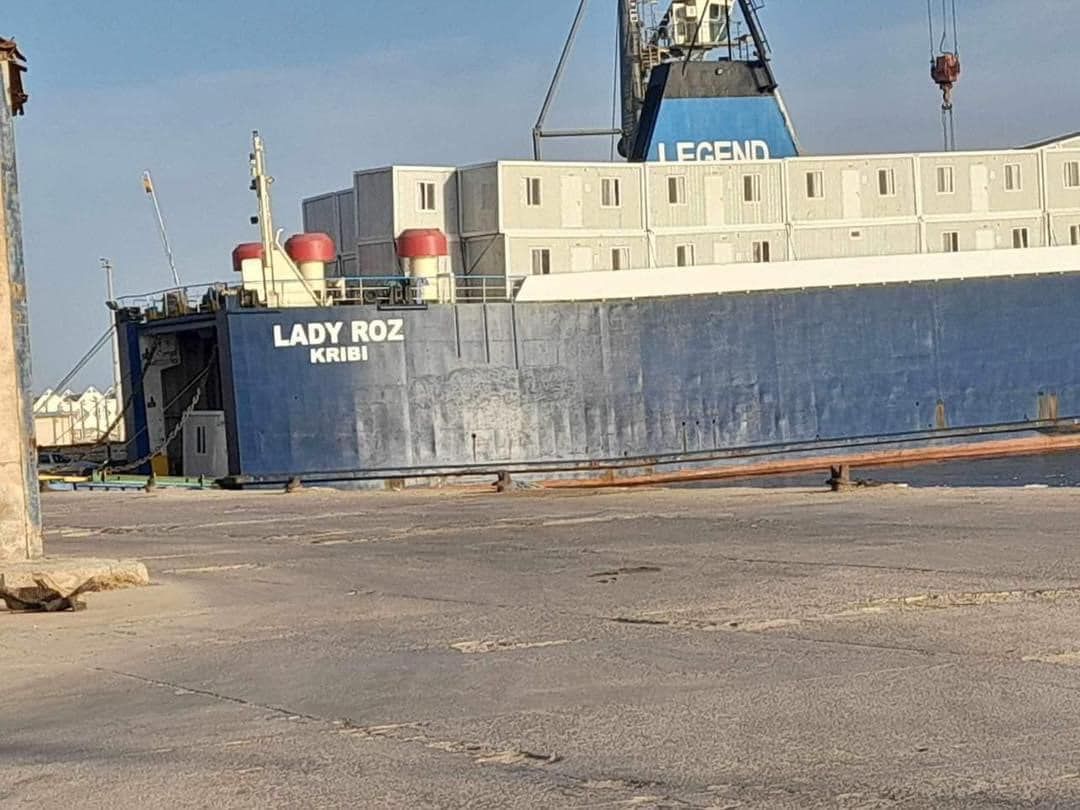Shahhat is a city in eastern Libya, located in the Jebel Akhdar mountains.
Shahhat is a city in eastern Libya, located in the Jebel Akhdar mountains. It’s most famously known for being the site of the ancient Greek city of Cyrene, which is one of the principal cities in the Hellenic world. Here’s what you should know about Shahhat:
1. Historical Significance: Shahhat is synonymous with Cyrene because of its proximity to the ancient ruins. The modern town essentially serves as the gateway to this ancient city.
2. Archaeological Richness: The ancient ruins of Cyrene, located near Shahhat, are one of the most significant archaeological sites in North Africa. This includes the Temple of Zeus, the Temple of Apollo, and the ancient city’s agora or marketplace.
3. UNESCO World Heritage Site: Cyrene’s ruins, in the vicinity of Shahhat, have been designated a UNESCO World Heritage Site since 1982 because of their historical and archaeological significance.
4. Economy: While tourism, driven mainly by the nearby ruins, plays a significant role in the local economy, Shahhat and its surrounding region are also involved in agricultural activities due to the fertile land in the Jebel Akhdar region.
5. Education and Infrastructure: Shahhat hosts institutions that aid in preserving the ancient city, including a local museum that showcases artifacts from Cyrene. The city is equipped with basic infrastructure, including schools, healthcare facilities, and local markets.
6. Modern Challenges: Like many archaeological sites globally, the ruins near Shahhat have faced challenges, including looting and damage, especially during times of political unrest in Libya. There’s been international concern about preserving the site and ensuring it remains a testament to its rich history.
In essence, while Shahhat is a relatively small city in modern Libya, its proximity to the ancient city of Cyrene makes it a place of significant historical and archaeological interest.
